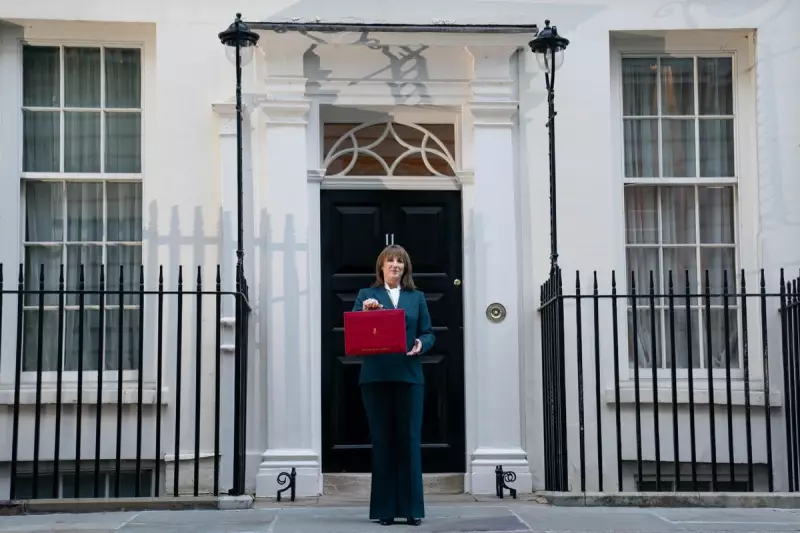
Chancellor Rachel Reeves has unveiled a controversial Budget that pushes Britain's tax burden to an unprecedented level while simultaneously downgrading economic growth forecasts for the coming years.
Tax Rises Hit Working People
The centrepiece of the Chancellor's announcement involves tax increases totalling £26 billion by 2029/30, with more than 1.7 million people facing higher income tax bills. The freeze on personal tax thresholds means workers will be dragged into paying tax for the first time or pushed into higher bands as their earnings increase.
According to the Office for Budget Responsibility, this threshold freeze will create 780,000 more basic-rate taxpayers, 920,000 more higher-rate taxpayers, and 4,000 additional-rate taxpayers by 2029/30. The policy, affecting both income tax and national insurance contributions, is projected to raise £8.3 billion for the Treasury in that year alone.
Economic Growth Downgraded
In a sobering assessment, the OBR significantly downgraded its growth forecasts for the UK economy. While predicting 1.5% growth this year (up from previous 1% forecast), the watchdog now expects slower expansion in subsequent years.
The revised forecasts show growth falling to 1.4% in 2026 (down from 1.9%), 1.5% in 2027 (from 1.8%), 1.5% in 2028 (from 1.7%), and 1.5% in 2029 (from 1.8%). Ms Reeves blamed these downgrades on "the Tories' legacy, not Britain's destiny."
Additional Tax Measures and Economic Impact
The Budget introduces several other significant tax changes, including:
- £4.7 billion from charging national insurance on salary-sacrificed pension contributions above £2,000
- £2.1 billion from increasing tax rates on dividends, property and savings income by two percentage points
- A new 3p per mile tax for electric vehicle drivers from April 2028
- A high-value council tax surcharge on properties worth more than £2 million
The combination of these measures means the tax-to-GDP ratio will reach 38.3% in 2030/31 - the highest level ever recorded in the UK.
Other economic forecasts revealed inflation remaining elevated at 3.5% this year and 2.5% next year, while unemployment is expected to peak at 1.8 million next year.
The Budget announcement was marred by an unprecedented blunder when the OBR published its full fiscal outlook more than thirty minutes before the Chancellor began her Commons speech. The watchdog apologised, citing a "technical error," but Shadow Chancellor Sir Mel Stride called it an "utterly outrageous" leak of market-sensitive information.





